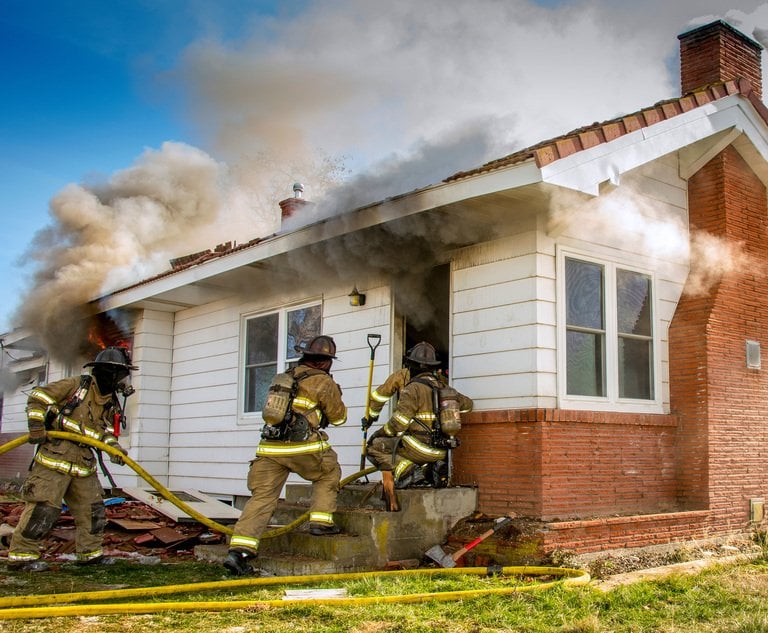As New York seeks to protect policyholders from insurers’ bad-faith failure to settle valid claims, the recently proposed Senate Bill S6813 could significantly change the landscape of insurance law by codifying bad faith in claims settlements and unleash a flood of claims for “deceptive” conduct across the state. In this article, we briefly review the current state of the law of insurance bad faith in Pennsylvania and in neighboring New York (which courts around the country, including in Pennsylvania, have looked to) and we then comment about the proposed New York legislation’s potentially negative consequences on the industry.
Pennsylvania’s Statutory Law Approach
In response to a Pennsylvania Supreme Court’s opinion in D’Ambrosio v. Pennsylvania National Mutual Casualty Insurance, that held there was no cause of action under Pennsylvania common law for bad faith, Pennsylvania’s “bad faith statute” (42 Pa. Stat. and Consol. Stat. Ann. Section 8371 (West)) allows courts to—upon determining that an insurer has acted in bad faith in an action arising under an insurance policy—to award insureds with the prime rate of prejudgment interest plus 3 percent, punitive damages, and court costs and attorney fees.
This content has been archived. It is available through our partners, LexisNexis® and Bloomberg Law.
To view this content, please continue to their sites.
Not a Lexis Subscriber?
Subscribe Now
Not a Bloomberg Law Subscriber?
Subscribe Now
LexisNexis® and Bloomberg Law are third party online distributors of the broad collection of current and archived versions of ALM's legal news publications. LexisNexis® and Bloomberg Law customers are able to access and use ALM's content, including content from the National Law Journal, The American Lawyer, Legaltech News, The New York Law Journal, and Corporate Counsel, as well as other sources of legal information.
For questions call 1-877-256-2472 or contact us at [email protected]


 Joseph G. Grasso partner with Wiggin and Dana. Courtesy photo
Joseph G. Grasso partner with Wiggin and Dana. Courtesy photo




